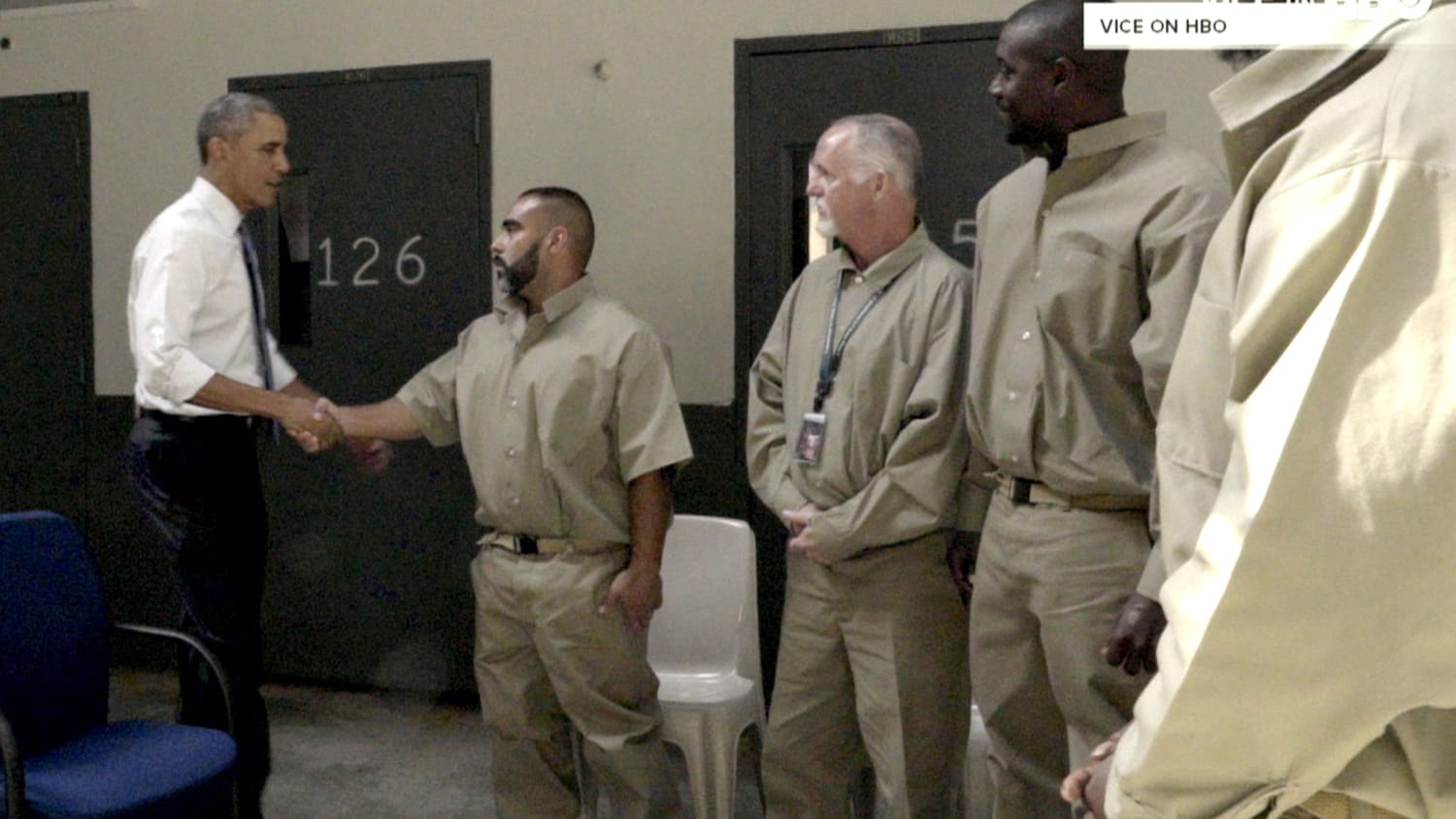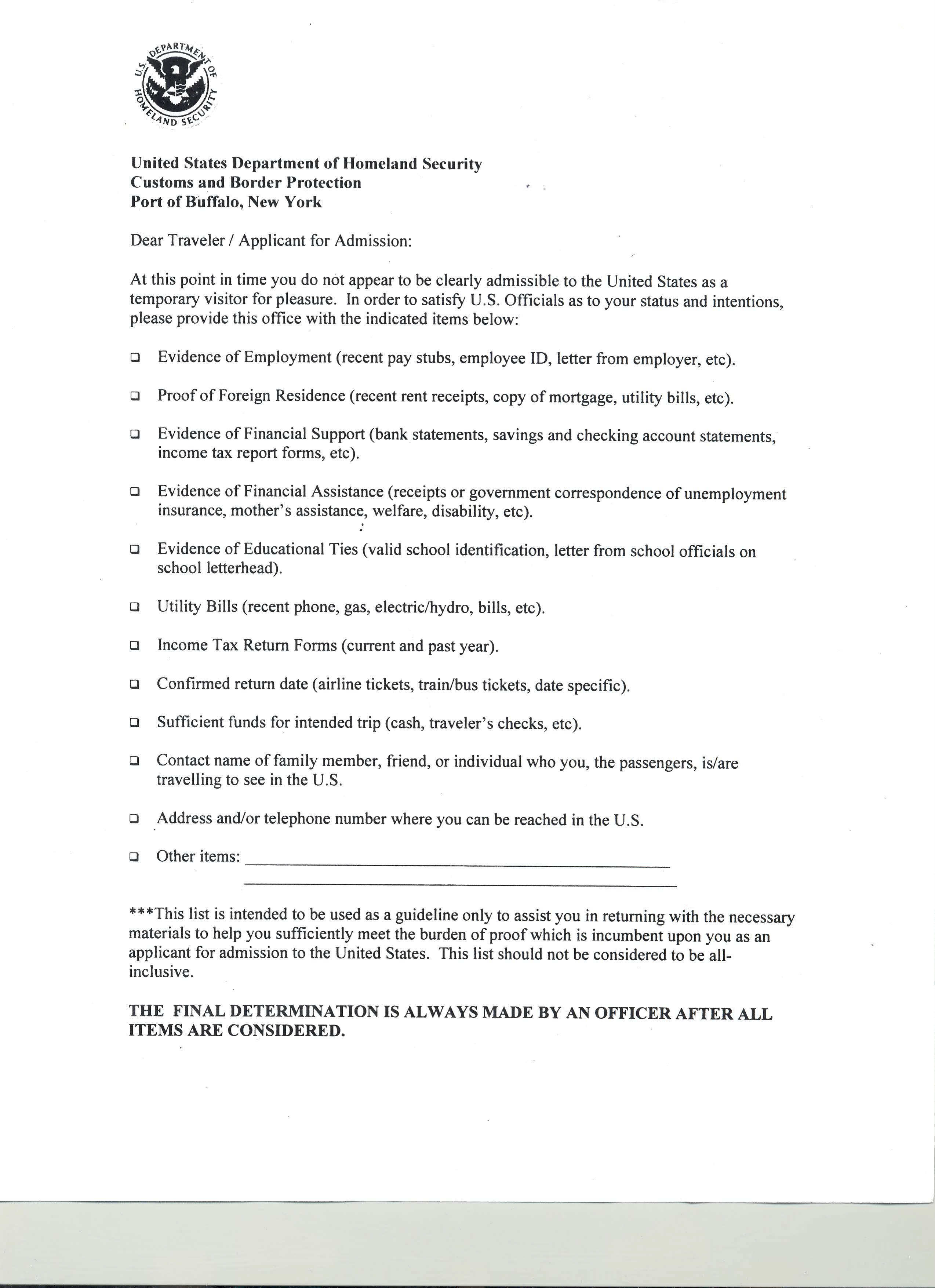This administration is obsesses with prisoners and ensuring we don’t have any including enemy combatants at Guantanamo. Clearly we have reached the condition where Attorney General Loretta Lynch is as bad and perhaps worse than Eric Holder….sheesh… A lot of people try to get out of jail quickly by using a bails bondman like Gwinnett County Bail Bonds, but what happens when you can’t pay for bail?
Justice Department Says Poor Can’t Be Held When They Can’t Afford Bail
NBC: Holding defendants in jail because they can’t afford to make bail is unconstitutional, the Justice Department said in a court filing late Thursday — the first time the government has taken such a position before a federal appeals court.
It’s the latest step by the Obama administration in encouraging state courts to move away from imposing fixed cash bail amounts and jailing those who can’t pay.
“Bail practices that incarcerate indigent individuals before trial solely because of their inability to pay for their release violate the Fourteenth Amendment,” the Justice Department said in a friend of court brief, citing the Constitution’s guarantee of equal protection.
The filing came in the case of Maurice Walker of Calhoun, Georgia. He was kept in jail for six nights after police arrested him for the misdemeanor offense of being a pedestrian under the influence. He was told he could not get out of jail unless he paid the fixed bail amount of $160.
Related: Civil Rights Advocates Applaud Feds’ Fight Against ‘Debtors’ Prisons’
Justice Department’s civil rights lawyers said in their brief that courts must consider a person’s indigence and look at other ways of guaranteeing an appearance in court.
“Fixed bail schedules that allow for the pretrial release of only those who can play, without accounting for the ability to pay,” the government said, “unlawfully discriminate based on indigence.”
A federal judge in January ruled in Walker’s favor, ordering the city to let those arrested on misdemeanor offenses be released on their own recognizance and to make other changes in its post-arrest procedures.
In appealing that order, the city said the preset amounts of the city’s bail schedule are tied to the seriousness of each offense and are specifically allowed under Georgia law.
Related: Reformers Seek to Undo Growth of New ‘Debtors’ Prisons’
“A system of unsecured recognizance bonds,” the city said in its appeal,” greatly reduces the incentive for defendants to appear.”
The city is supported by the Georgia Sheriff’s Association and by a group representing the nation’s bail bondsmen. They argue that the Constitution does not guarantee bail, it only bans excessive bail. When it comes to bail, there is a lot you need to consider, including signature bail bonds, which is an alternative to the traditional type of bail that can be offered to defendants. It can be difficult to get your head around if you are not sure on where to being. This is why it is best to speak to a professional or a lawyer, who can give you the best advice when it comes to this in particular.
“It thus simply cannot be that any defendant arrested for any crime must be immediately released based on a bare assertion of indigence,” the group said in its court filing.
Barry J. Pollack, president of the National Association of Criminal Defense lawyers, said Friday said he applauded the Justice Department’s for making “critically important arguments.”
A spokesman for the defense lawyers group said it believes “pretrial liberty must be the norm and detention prior to trial the carefully limited exception.”
Meanwhile, if you own stock in prison corporations….sell now…the Department of Justice and DHS are not renewing anymore contracts and all detention centers will go under the full management and authority of the Federal government.
Currently, If the defendant cannot pay the bail amount on their own, they can seek help from a Bail bondsman in the form of a Bail Bond. To post a Bail Bond, a defendant is usually required to pay a Bail bondsman 10% of the bail amount. … The Bail bondsman keeps the 10% cash fee as profit. Most people are now wondering, “Where can I find a reliable bail bondsman near me?”
Justice Department says it will end use of private prisons
WashingtonPost: The Justice Department plans to end its use of private prisons after officials concluded the facilities are both less safe and less effective at providing correctional services than those run by the government.
Deputy Attorney General Sally Yates announced the decision on Thursday in a memo that instructs officials to either decline to renew the contracts for private prison operators when they expire or “substantially reduce” the contracts’ scope. The goal, Yates wrote, is “reducing — and ultimately ending — our use of privately operated prisons.”
“They simply do not provide the same level of correctional services, programs, and resources; they do not save substantially on costs; and as noted in a recent report by the Department’s Office of Inspector General, they do not maintain the same level of safety and security,” Yates wrote.
[The Justice Department’s memo announcing the end of its use of private prisons]
While experts said the directive is significant, privately run federal prisons house only a fraction of the overall population of inmates. The vast majority of the incarcerated in America are housed in state prisons — rather than federal ones — and Yates’ memo does not apply to any of those, even the ones that are privately run. Nor does it apply to Immigration and Customs Enforcement and U.S. Marshals Service detainees, who are technically in the federal system but not under the purview of the federal Bureau of Prisons. Read more here.





